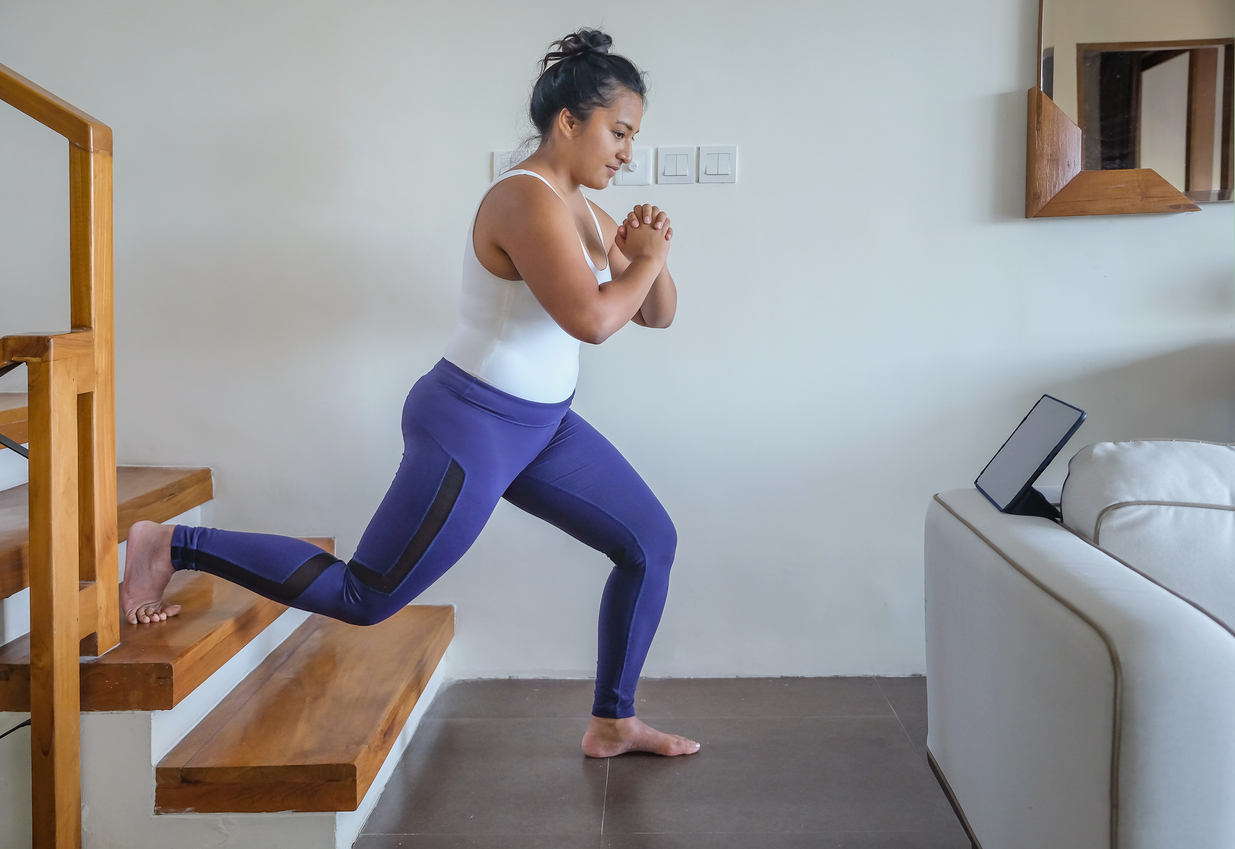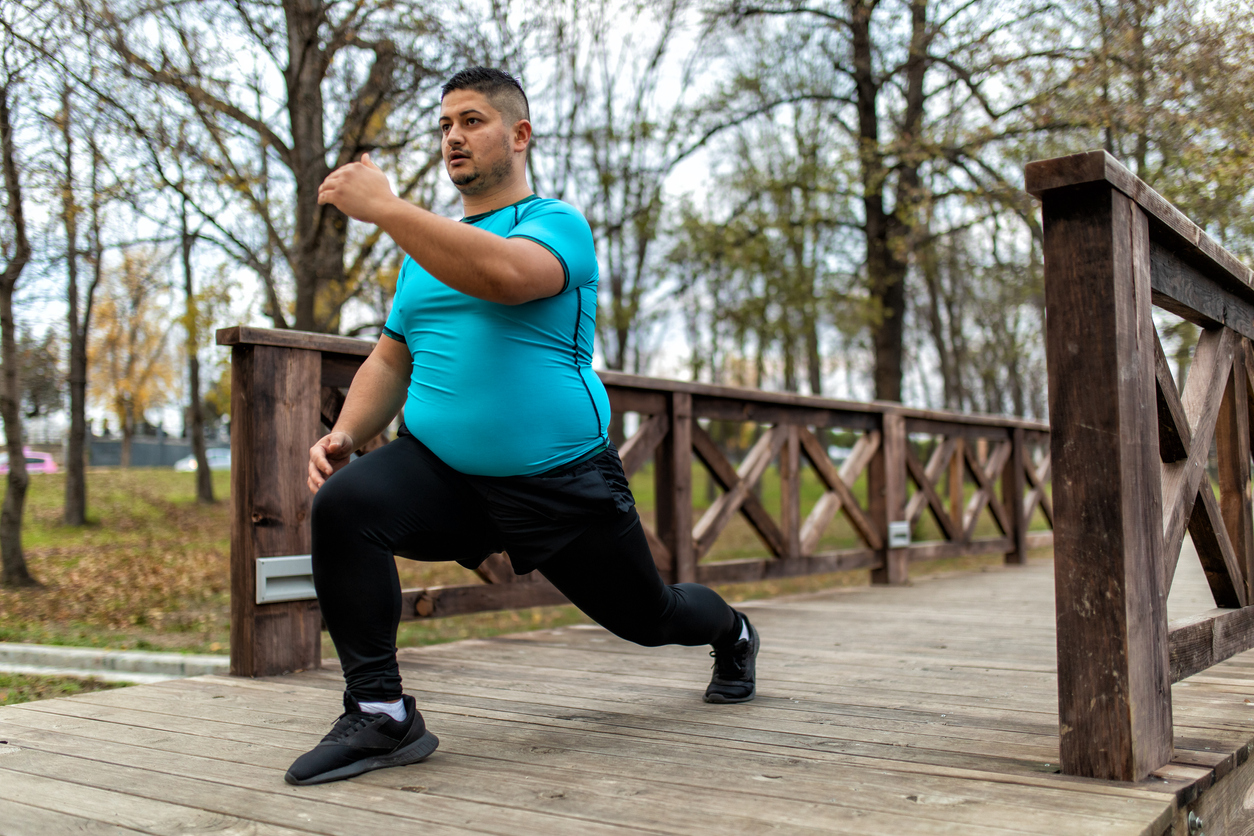Wellness
What Is Weight-Bearing Activity?

Weight-bearing activity involves movement that goes against gravity while the individual remains upright. It allows the bones to support the weight and can be high-impact or low-impact. High-impact weight-bearing activities include dancing, hiking, jumping rope, jogging, or running. Low-impact weight-bearing activities include fast walking, ellipticals, stair-step machines, or low-impact aerobics.
In certain cases, such as the increased risk of broken bones due to severe osteoporosis, high-impact weight-bearing activities are inadvisable. A health care professional should be consulted prior to beginning weight-bearing activities to help determine the safest level.
Benefits of weight-bearing activity
Weight-bearing activity has been shown to slow and potentially reverse bone loss. As stress is placed on the bones during weight-bearing activities, extra calcium is deposited and bone-forming cells are activated. Therefore, bones may become stronger and denser.
Individuals with certain conditions, such as osteoarthritis, may greatly benefit from weight-bearing activity. It is important to note that only the bones which are bearing the weight during an activity, such as the legs when running, will benefit.



















